What do other Europeans call Switzerland?
September 1, 2011, 11 Comments
 Schweiz, Suisse, Svizzera, Svizra. Switzerland has four names in its four national languages, and that’s not counting the domestic versions of the country’s official name, Confoederatio Helvetica (pictured above). But how do other European nations refer to the land of the Swiss? I decided to take a look at the names used for Switzerland in different European languages – book research really can take you off in odd directions! – and compiled a list:
Schweiz, Suisse, Svizzera, Svizra. Switzerland has four names in its four national languages, and that’s not counting the domestic versions of the country’s official name, Confoederatio Helvetica (pictured above). But how do other European nations refer to the land of the Swiss? I decided to take a look at the names used for Switzerland in different European languages – book research really can take you off in odd directions! – and compiled a list:
- Albanian Zvicer
- Basque Suitza
- Bulgarian Швейцария (Švejcàrija)
- Catalan Suïssa
- Croatian Švicarska
- Czech Švýcarsko
- Danish Schweiz
- Dutch Zwitserland
- Esperanto Svislando
- Estonian Šveits
- Finnish Sveitsi
- Greek Eλβετία
- Hungarian Svájc
- Icelandic Sviss
- Irish An Eilvéis
- Latvian Šveice
- Lithuanian Šveicarija
- Maltese Żvizzera
- Norwegian Sveits
- Polish Szwajcaria
- Portuguese Suíça
- Romanian Elveția
- Russian Швейцария (Švejcàrija)
- Slovenian Švica
- Serbian Швајцарска (Švajcarska)
- Spanish Suiza
- Swedish Schweiz
- Turkish İsviçre
- Welsh Swistir
What’s interesting about that list is that only three European languages – Greek, Irish (Gaelic) and Romanian – use a version of the ancient name, Helvetia. All the others are more or less recognisable as variations on the domestic German, French, Italian or Romansh, ie all roughly derived from Schwyz, the canton that helped start the country and gave it its modern name. Please tell me if any are wrong; I had to use quite a few different sources to assemble the names, so mistakes may have crept in!
If we look at Switzerland’s biggest neighbour, we see a completely different picture. Germany has six different types of name, depending on the root. For example, in its own language it is Deutschland , in French Allemagne, in Italian Germania, in Polish Niemcy, in Finnish Saksa and in Lithuanian Vokietija. What a muddle! It might be at the heart of Europe, but Germany is certainly not the same thing to different European nations. Perhaps that explains much of 20th-century history in Europe?
This uniformity of names might just be one reason why Switzerland has such a prominent place in people’s minds; there’s no misunderstanding where is being talked about. And when it comes to adjectives, the English one is gaining prominence over the domestic languages in Switzerland. Maybe English is trendy for marketing, maybe it’s easier to have one adjective rather than four, or maybe English is slowly becoming the fifth (unofficial) language and the main one spoken across the linguistic divides.
Whatever the reason, Switzerland has Swiss things popping up everywhere: Swiss international airline, Swisscom telecoms company, Swiss Re insurance, Swiss Market Index (SMI), Swiss Life insurance, Swissmem association, Swissport airport services, and so it goes on. It seems that, no matter what they call their own country, Switzerland’s inhabitants are happy to be known simply as Swiss.

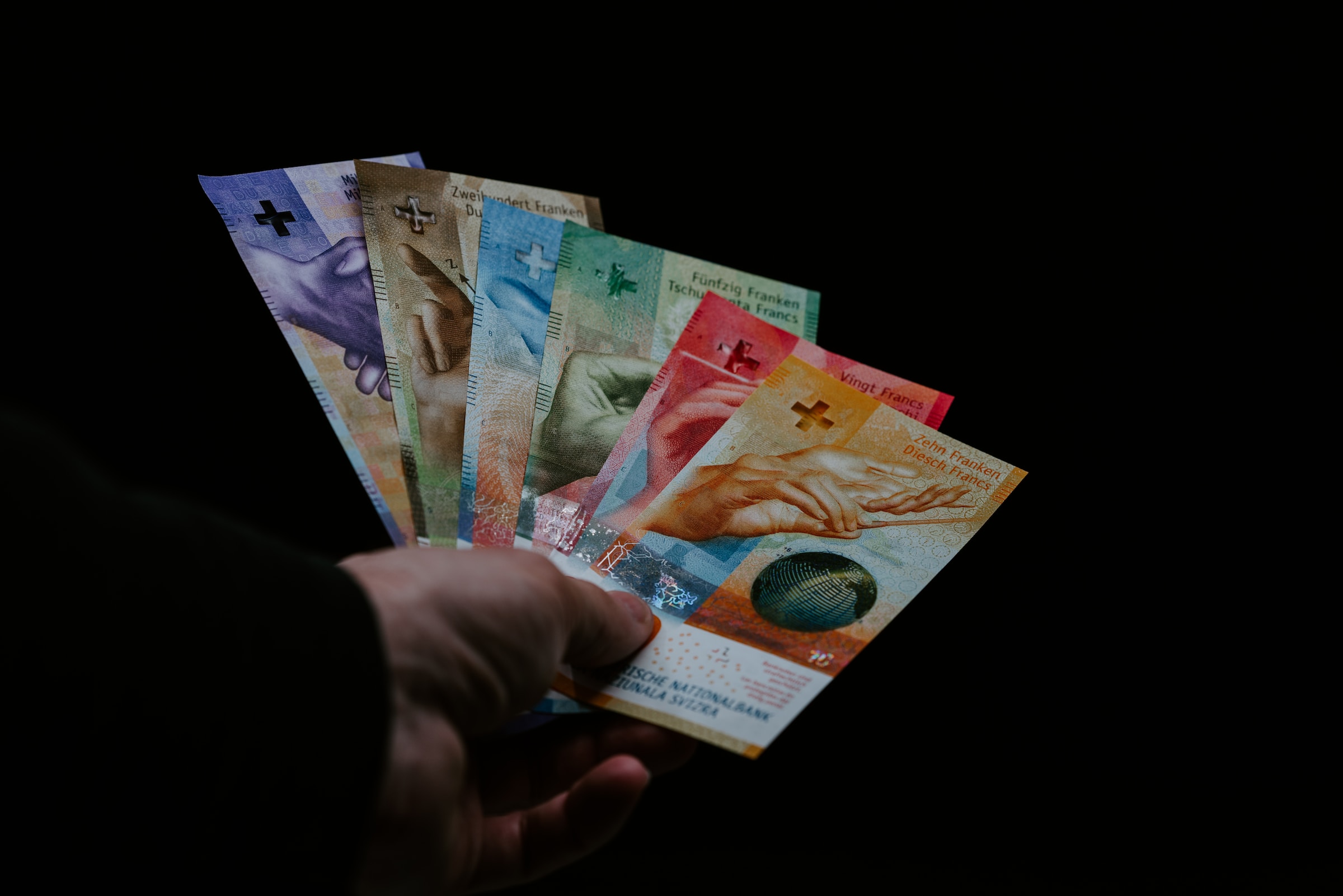
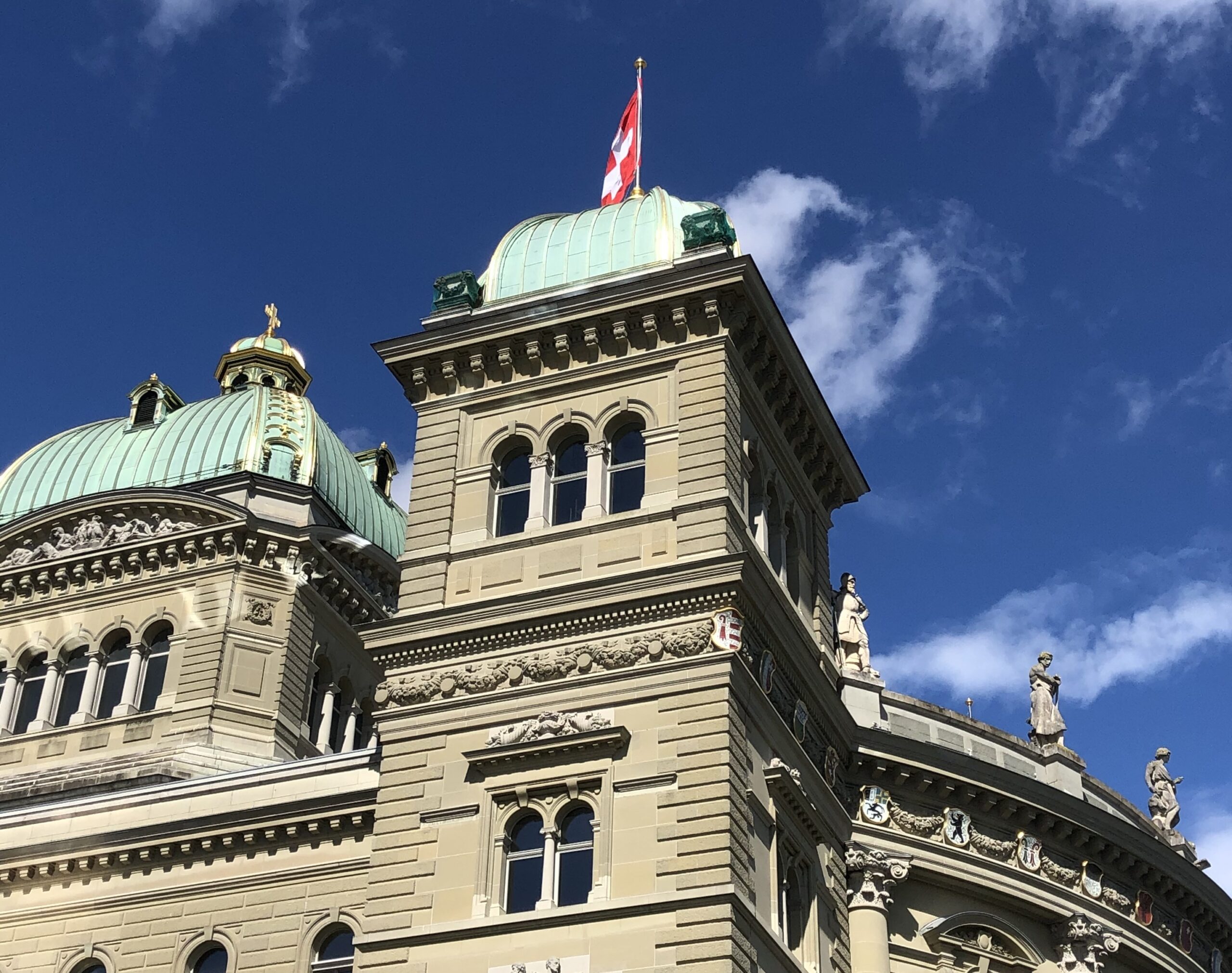


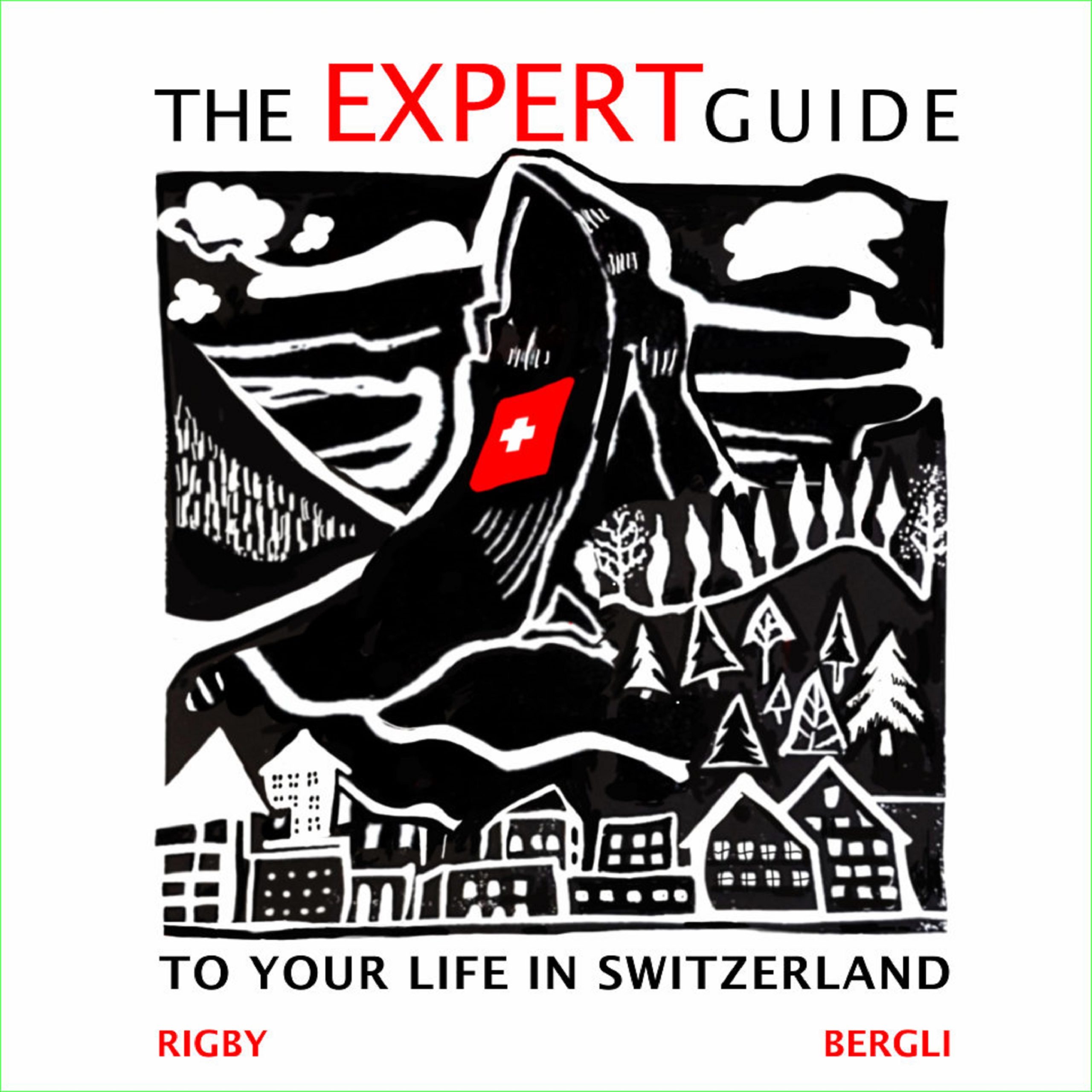
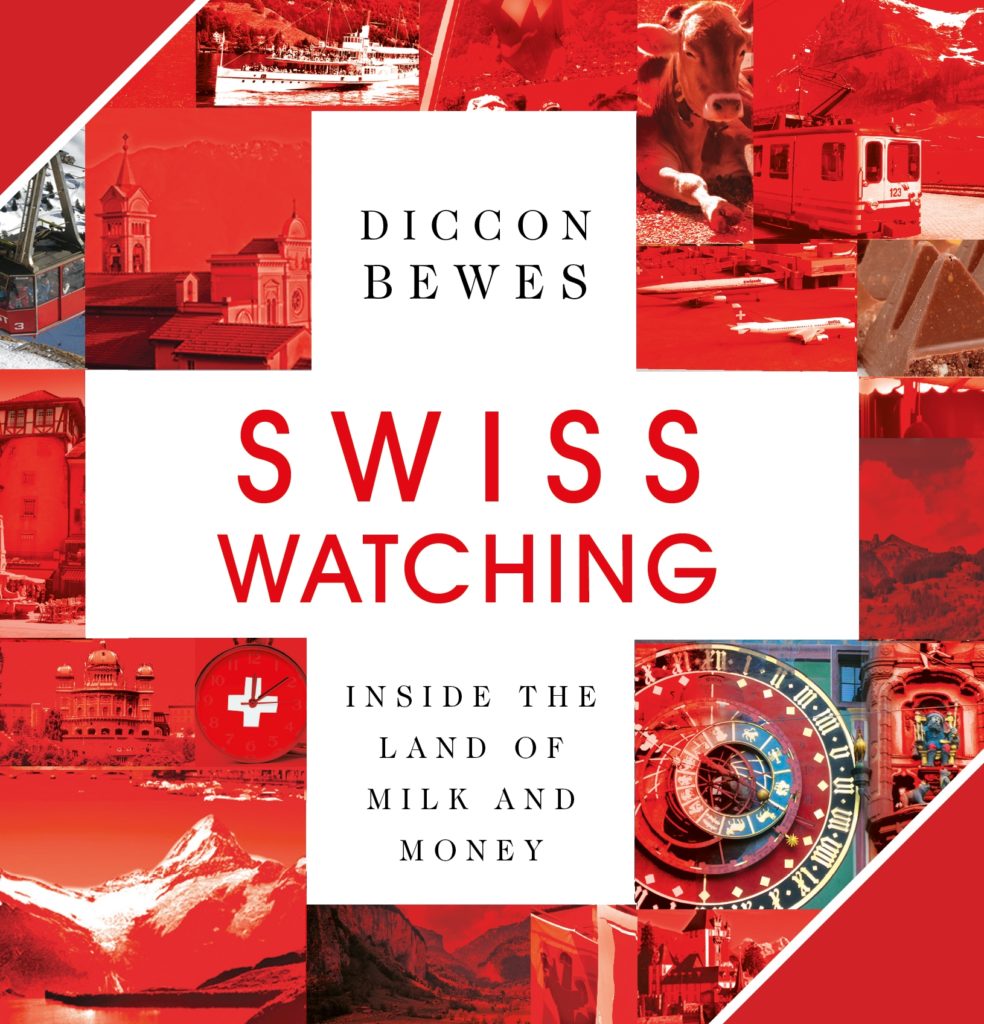
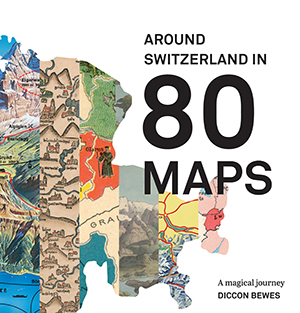
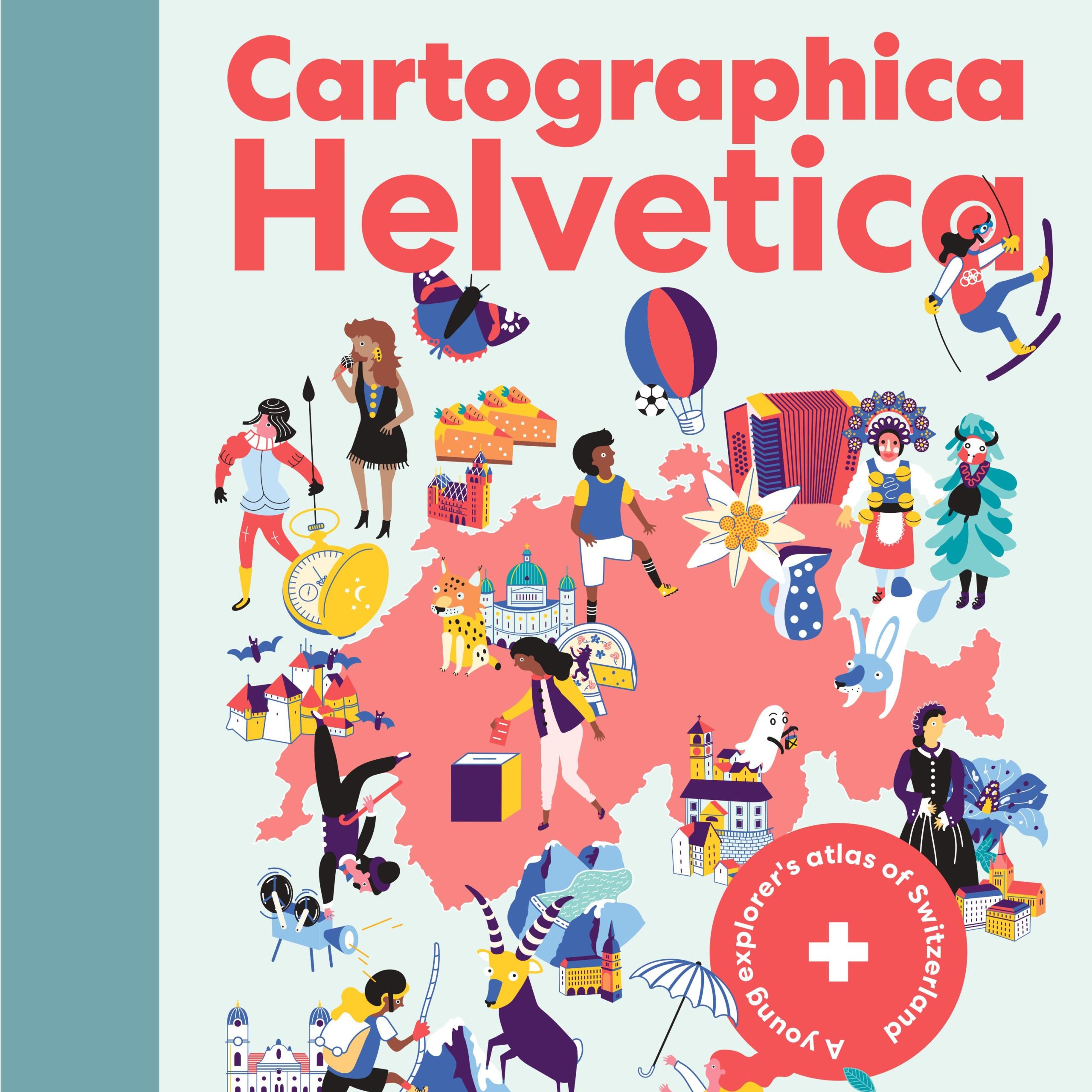


 Follow on Facebook
Follow on Facebook Follow on Twitter
Follow on Twitter Subscribe by RSS
Subscribe by RSS Contact me directly
Contact me directly Global Solutions Inc.
Global Solutions Inc.
11 Comments on "What do other Europeans call Switzerland?"
I missed Chinese: 瑞士
Thanks – although Chinese isn’t a European language! That’s why Japanese, Arabic, Tagalog etc aren’t there as well.
瑞士 written in the official Pinyin is “ruishi” (sounds something like “rey-sh”). Doesn’t sound like Switzerland at all untill you here a Chinese from the South of China pronounce it, then it sounds roughly like “Swiss”!
I think the Chinese Mandarin name for Switzerland comes from the ancient Roman province of Rhaetia, which overlaps significantly with modern Switzerland: https://en.wikipedia.org/wiki/Raetia
“This uniformity of names might just be one reason why Switzerland has such a prominent place in people’s minds; there’s no misunderstanding where is being talked about.”
Except when people mistake it for Sweden.. 😉
Agreed, but I’ve also had English friends ask me about “Sweden” a few times.. It might just be that they both start with “Swee” and then people tend to choose the shorter option, which unfortunatly is Sweden.. 😉
Well, I don’t think Sweden and Switzerland are that confusing, but Swedish and Swiss is. And the Greeks, by the way, call everything by its old name, if they have been around that long. E.g. Gallia, Brettania, Persia, etc. But what’s more amazing to me, is that almost no countries refer to Greece by its Greek name (Hellas, Ellada, etc, rather they use its Roman name). But as far as knowing what Switzerland is exactly and who the Swiss are, and knowing what it means, I think the Swiss would need to figure that out first before the rest of us could figure it out.
fun post! I do find people forget how close it is to the rest of europe, I guess people think of only the alps and not that it’s just next to germany and france!
Switzerland is not just next to France and Germany but to Italy too. The border between Switzerland and Italy is longer than that between Switzerland and France or Switzerland and Germany. Furthermore, the European big city that lies closest to Switzerland is Milan; only 50 km of flat land separate MIlan from Switzerland.
Love everyone’s comments. Very refreshing and educational. I was real confused about Swiss or Swedish lol. Being Guatemalan sometimes I get confused with Guadalajara or Guamnese!
Trackbacks for this post